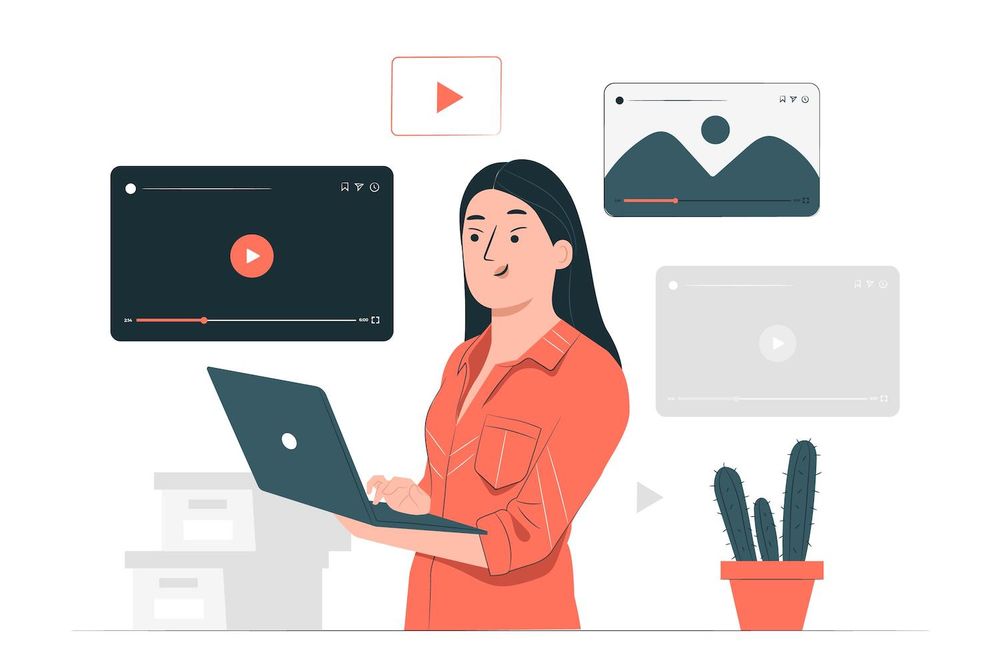What Epic is Looking for in App Stores What other Game Developers Actually Want? -
As mobile game and app developers scream for air in the face of the duopoly tax of 30% that players pay on nearly all mobile game revenues around the world, Epic Games has emerged as the de facto leading gaming company in the fight for open computing on mobile.
privately asked both large and small game studios alike what they wanted, and here is what they asked to hear.
Background: The Slow Decline of Open Computing, and the 30% App Tax
The world of computing has never been more flexible than today. In the past games and software creators have relied on the open computing with PC and Mac platforms because it allowed the developers to create titles in any way they like, enjoy the direct contact to their users, and choose payment solutions that work for them. There was no barrier-keepers- just a computer, an individual player, and a game. The world has changed.
Today, over half of the time spent on screens for computing is spent on mobile devices -- an increase in the shareas well as over 90% of the global mobile OS market shares is divided between Apple or Google. Due to the dominance of mobile market share as well as restrictive controls on distribution of games as well as e-commerce, the future that is open to computing now in danger like never previously, and bringing a significant cost to consumers as well as game and app developers.
In this case, both Google as well as Apple's app stores require a 30 percent fee on game sales and other products in games distributed by their respective platforms. Apple is the sole control over the distribution of games and ecommerce on iOS devices. On the other hand, Google permits OEM marketplace apps and loading mobile games with sideloading, but severely restricts in-game third-party payment for games that are distributed via Google Play.
Google Play does offer a third-party integration of payments for a limited number of game developers through their " user choice billing" pilot; however "user choice billing" is accompanied by expensive evergreen market fees of 26% even if you use the payment processor of your choice and take on all of the risk and compliance obligations for payments.
The result of Apple and Google's dominance over such a huge share of computing worldwide is a default 30% tax for mobile games and apps, which ends up paid by players, which is disregarded by developers of games, and hinders the openness of computing and commerce. Because of this monopoly in open computing, developers of games both small and large believe that it is time to make changes.
What are the Game Designers who Aren't Epic Want?
The team here at embarked on a months-long quest to interview game studios both big and small about the things they would like to see happen in the policies of mobile apps store. Though not everyone was on the same page about every point, here are the top three things they told us they wanted:
1. iOS to support sideloading games without scare screens.
iOS is long-time restricted to "sideloading" games and apps where the application is downloaded out of the App Store, from the site of the developer or alternative marketplace. Sideloading allows freedom for players to purchase games and for developers to distribute and sell games however the creator decides and which the player is willing to comply with. Android permits sideloading applications and games, however only with the dreadful warnings known in the form of "scare screens" that inform users of mobile phones about the risks of "downloading software from the internet." Many of the game developers we spoke to believed that Apple should be able to support sideloading. They also felt it is important that Apple and Google shouldn't use over-the-top self-serving scare screens that disparage software distribution in other than their own app stores.
2. Let you have Unlimited "steering" as well as embedded payments via third-party payment platform.
Both Google and Apple place severe restrictions on the ability to surface prices and purchase options that are offered by third-party payment services that are not part of the app store. That means that the exact purchase may be offered at a better price for the player, but game developers can't guide their users to these choices, or link to additional purchasing experiences, or integrate third-party purchase experiences inside their game. Though many of the game designers have found great value in transactions through store apps, the general preference was to give players and developers the choice of steering away from and embedded payment restrictions.
3. 0% fee for steering and embedded payments.
Offering steering or embedded payments is one thing, but as we've seen with Google's "user preference billing" pilot, the capability to take action and the financial incentive to do the thing are two separate factors. With "user preference billing" offering a massive 26% fee for payments made through third-party payment providers in addition to the charges they charge, this is a zero-cost gain for most game designers. We spoke with game developers who believed that 0% was a fair reduction for transactions that are not made through the app store. However most seemed to be in favour that there be some type payment for apps that help drive the adoption and download of games. Of course, a 26% cut of each transaction made by a third party is far of what developers believed was reasonable.
What's Next
While there are other nuanced wants around how app stores operate that game developers would like to have, these three desires are the core of the issues that developers believe will drive true change in open computing for mobile.
About

